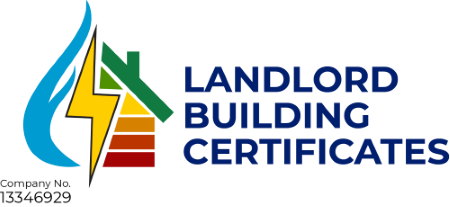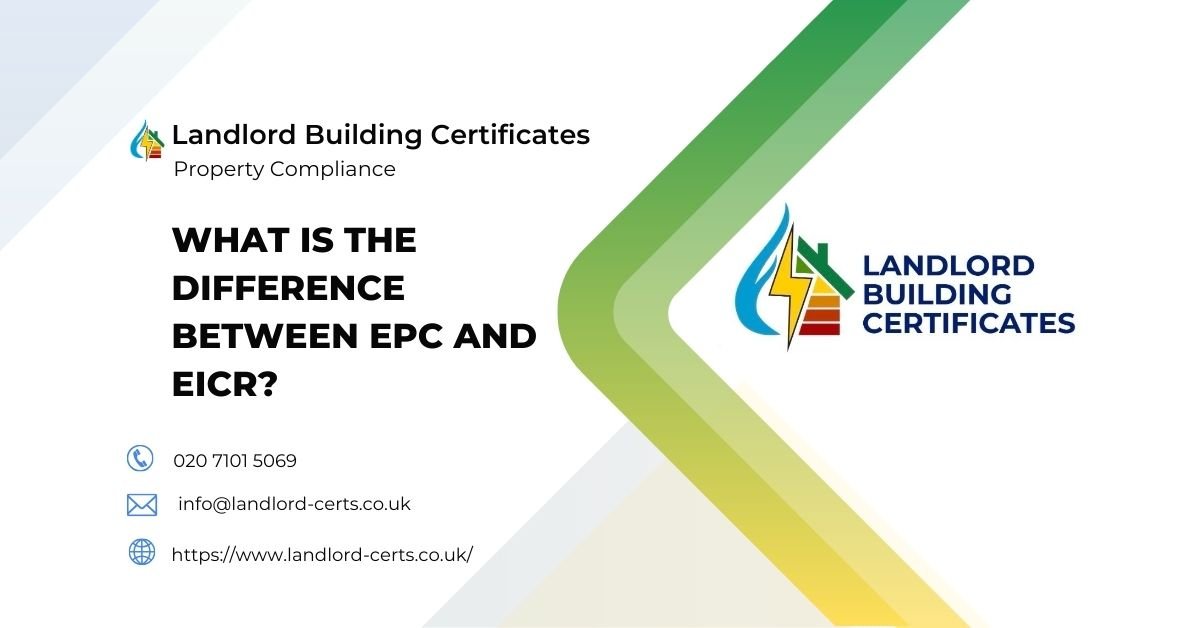Is an EICR the same as an EPC?
No, they serve entirely different purposes. An Electrical Installation Condition Report (EICR) assesses the safety of a property’s electrical systems, while an Energy Performance Certificate (EPC) evaluates energy efficiency and carbon emissions. Both are legal requirements in certain situations, ensuring properties meet safety and energy regulations. Understanding their differences helps landlords, property managers and homeowners stay compliant and avoid fines.
Here's What We Have Covered In This Article
What is an EICR and why is it necessary?
An EICR is a professional inspection of a property’s fixed electrical installations. It identifies potential hazards, ensures compliance with BS 7671 Wiring Regulations and provides a report detailing any issues that need urgent or recommended attention.
What does an EICR assess?
-
Consumer units (fuse boxes) and circuit breakers
-
Wiring and electrical fixtures such as sockets, switches and lighting
-
Earthing and bonding to prevent electric shocks
-
Residual current devices (RCDs) and other protective measures
-
Potential fire hazards due to faulty electrical components
When do you need an EICR?
-
Landlords must obtain an EICR every five years for rental properties
-
Homeowners are advised to have one every ten years or before selling
-
Business owners must comply with The Electricity at Work Regulations 1989
-
Before major electrical installations or renovations
An EICR protects tenants and homeowners by reducing the risk of electrical fires and shocks. Noncompliance can result in fines of up to £30,000 for landlords.
What is an EPC and when is it required?
An EPC measures a property’s energy performance and carbon footprint. It assigns an energy efficiency rating from A (most efficient) to G (least efficient) and suggests ways to improve energy consumption.
What factors affect an EPC rating?
-
Heating and cooling systems efficiency
-
Insulation quality in walls, floors and roofs
-
Windows and glazing type and condition
-
Lighting and energy-saving appliances
-
Renewable energy sources such as solar panels
When is an EPC legally required?
-
Selling a property in the UK
-
Renting a home or commercial space
-
Constructing a new property
-
Applying for government energy grants
Properties in England and Wales must meet Minimum Energy Efficiency Standards (MEES). Rental properties must have a rating of E or above, or landlords risk fines up to £5,000.
Is It Worth Switching to a Green Energy Supplier?
Many energy providers now offer 100% renewable electricity plans. Switching to a supplier that uses wind, solar, or hydroelectric power means your home runs on cleaner energy. Some green energy suppliers also offer competitive rates, so making the switch can be good for both your wallet and the environment.
How Does Unplugging Devices Save Energy?
Many appliances draw power even when they are not in use. Chargers, TVs, and other devices left on standby mode can add up to 10% to your electricity bill. Unplugging devices or using smart plugs to turn them off properly prevents wasted electricity.
What Are the Benefits of Installing a Smart Meter?
Smart meters track your energy use in real time, helping you identify wasteful habits. They also allow you to see how much energy different appliances use. Many suppliers install them for free, giving you better control over your energy consumption and spending.
Get a Price For Your EICR Certificate Today
Ensure your property meets UK electrical safety regulations with a professional Electrical Installation Condition Report. Protect your tenants, avoid fines, and stay compliant.
How to get an EICR or EPC
Booking an EICR
At Landlord Building Certificates, we provide comprehensive electrical inspections. Our qualified electricians assess the entire electrical system, highlight necessary repairs and issue a full report. If remedial work is needed, we guide you through the next steps to achieve compliance.
Booking an EPC
For an EPC assessment, our accredited energy assessors evaluate insulation, heating systems and overall energy performance. We provide a detailed report with recommendations to improve efficiency and reduce energy bills.
What happens if you do not have an EICR or EPC?
Without an EICR
-
Landlords face fines up to £30,000 for failing to provide a valid EICR
-
Increased fire and shock hazards due to unsafe electrics
-
Home insurance claims may be rejected if electrical faults contribute to damage
Without an EPC
-
Fines of up to £5,000 for selling or renting a property without a valid EPC
-
Lower property value due to poor energy efficiency ratings
-
Difficulty attracting tenants if energy costs are too high
Key Takeaways
EICRs and EPCs are both essential legal documents for property owners, but they serve different purposes. An EICR ensures the electrical system is safe, while an EPC rates a property’s energy efficiency. Staying compliant helps avoid fines, attract buyers or tenants and improve property value.
If you need an EICR or EPC in London or surrounding areas, Landlord Building Certificates provides professional assessments to keep your property safe and legally compliant.
Landlord Building Certificates
130 Blenheim Rd, Harrow, London HA2 7AA
07300 998666
Get An Energy Performance Certificate
Need an EPC for selling or renting your property? Our certified assessors provide fast and reliable Energy Performance Certificates to help you stay legally compliant.





